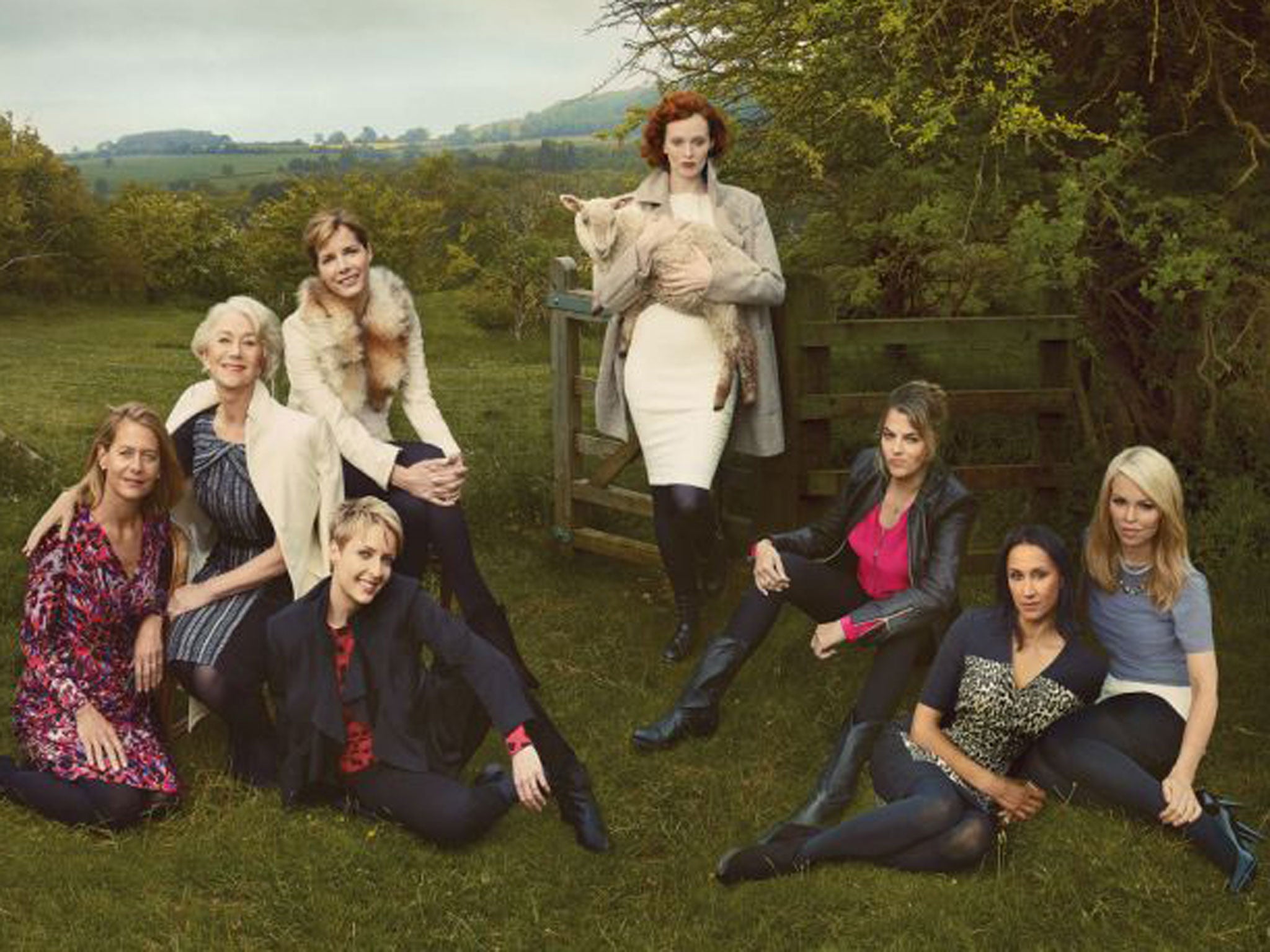Why do we treat Marks and Spencer like a national institution? It's just another shop
The fascination with this store has baffled me since I moved to England

Your support helps us to tell the story
From reproductive rights to climate change to Big Tech, The Independent is on the ground when the story is developing. Whether it's investigating the financials of Elon Musk's pro-Trump PAC or producing our latest documentary, 'The A Word', which shines a light on the American women fighting for reproductive rights, we know how important it is to parse out the facts from the messaging.
At such a critical moment in US history, we need reporters on the ground. Your donation allows us to keep sending journalists to speak to both sides of the story.
The Independent is trusted by Americans across the entire political spectrum. And unlike many other quality news outlets, we choose not to lock Americans out of our reporting and analysis with paywalls. We believe quality journalism should be available to everyone, paid for by those who can afford it.
Your support makes all the difference.If you were the boss of Marks & Spencer you would probably feel like you were in an abusive relationship. The British public vacillate violently between love and contempt for your efforts and the only consistent thing is they never stop beating either you, or themselves up, about their feelings.
The latest piece of flagellation has arisen over an expensive new ad campaign starring Helen Mirren, Tracey Emin and other big names, modelling such items as baby pink wool coats and black leather leggings with silk insets. The photographs were shot by Annie Liebowitz, no less, all signalling “a new and confident tone of voice for the retailer” as Vogue noted approvingly.
It turns out to have been a cruel deception. People are flocking to M&S for the woven white boucle jackets or denim jeggings as seen on Darcy Bussell or Monica Ali and finding, to their shock, just the usual crimplene trousers with elasticated waists in size 22.
The lack of supply is not the worst part of this crime. M&S, it is alleged, are tactically upsetting their loyal base, producing just a few non-frumpy pieces for selected stores to foster an illusion of exclusivity. Among the angry comments posted online under news of the treachery were: “Alienating their customers again – M&S seem to have a death wish”, and “Year after year, they just get it wrong”.
The British obsession with Marks and Spencer’s sins has baffled me since I moved to this country 14 years ago. On the one hand it’s an official National Treasure, its ups and downs monitored as closely as reforms in the NHS or interest rate guidance from the Bank of England. On the other hand, no autumn is complete without a bout of national angsting over what is in the stores or what is not in the stores, whether the detail is too fussy or too plain, or most ludicrously, whether M&S are “listening” to our “needs”.
To somebody who endured years of shocking customer service in other European countries, (in Rome I was once told to stop touching the clothes by an assistant who shrieked “Lady! This is my shop!”) M&S is a dream. True, the Per Una range’s designer seems to have undiagnosed colour-blindness, but people in other countries would kill for a store where you can buy everything from a washable cashmere sweater for £70 to a side of smoked salmon and return them within a year (maybe not the salmon, although it’s worth asking) if you’re not entirely satisfied.
M&S’s biggest mistake seems to be to strain every sinew to please everyone. We’ll always be disappointed if we keep confusing a shop with a national institution.
Omens of horror
Damian McBride has been “sickening” Labour with his memoirs. I exchanged emails with McPoison as they call him, when I asked him to write for The Independent last year. He forgave me I misspelled his name as Damien. So I trust he won’t unleash the forces of hell if I reveal that he confided that at school, playground bullies –caring not a fig that he wasn’t a Damien – bullied him over the 1970s horror film The Omen. The film is about a diplomat who discovers his adopted son Damien is literally, the Anti-Christ. This may explain a great deal.
Twitter: @ButlerKatherine
Join our commenting forum
Join thought-provoking conversations, follow other Independent readers and see their replies
Comments